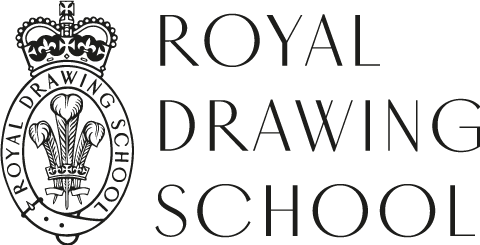Whistleblowing Policy
Public Interest Disclosures (Whistleblowing)
Definition: ‘Whistleblowing’ may be defined as the action of an employee, Self-employed tutor or Self-employed Artist Model in disclosing evidence of wrongdoing including fraud, financial irregularity, serious maladministration arising from the deliberate commission of improper conduct, unethical activities which may be of a criminal nature and dangerous acts or omissions which create a risk to health, safety or the environment, within the organisation to which they belong. It does not include mismanagement which arises from weak or poor management, rather than malpractice.
Staff may, in properly carrying out their duties, have access to, or come into contact with, information of a confidential nature. Their terms and conditions provide that except in the proper performance of their duties, staff are forbidden from disclosing, or making use of in any form whatsoever, such confidential information.
However, the law allows staff to make a ‘protected disclosure’ of certain information. In order to be ‘protected’, a disclosure must relate to a specific subject matter (see below) and the disclosure must also be made in an appropriate way.
Specific Subject Matter
If, in the course of your employment or self-employment, you become aware of information you reasonably believe tends to show one or more of the following, you must use the disclosure procedure set out below:
- That a criminal offence has been committed is being committed or is likely to be committed;
- That a member of staff has failed, is failing or is likely to fail to comply with any legal obligation to which they / the School are subject.
- That a miscarriage of justice that has occurred, is occurring, or is likely to occur.
- That the health or safety of any individual has been, is being, or is likely to be, endangered.
- That the environment, has been, is being, or is likely to be, damaged.
- That information tending to show any of the above, is being, or is likely to be, deliberately concealed.
- That the School or any associated person has been, is being, or is likely to be receiving or offering bribes.
- That any official has been, is being, or is likely to be bribed or offered facilitation payment by the School or any associated person.
Disclosure Procedure
Information which a member of staff reasonably believes tends to show one or more of the above should promptly be disclosed to the Principal and Artistic Director so that any appropriate action can be taken.
If it is inappropriate to make such a disclosure to the Principal and Artistic Director, the member of staff should speak to the Director of Operations or Trustees.
Staff, will suffer no detriment of any sort for making such a disclosure in accordance with this procedure. However, failure to follow this procedure may result in the disclosure of information losing its ‘protected status’.
Should staff require further guidance in relation to this matter or concerning the use of the disclosure procedure generally, you can speak in confidence to Director of Operations.
